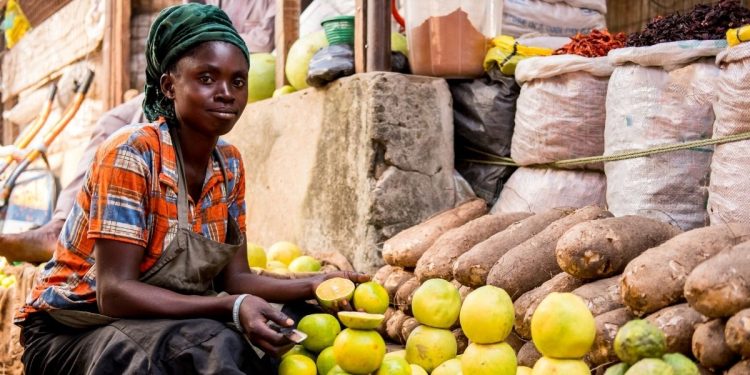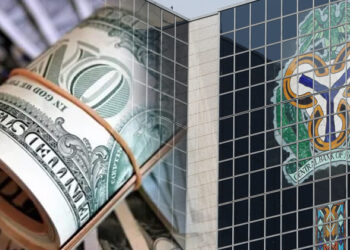Nigeria’s food inflation rate had grown to 24.35% in February 2023, which is 7.42% points higher compared to the rate recorded in February 2022, which was 17.11%.
This information was disclosed on the National Bureau of Statistics’ official website.
The average annual rate of food inflation for the twelve months ending February 2023 over the previous twelve-month average was 22.12%, which was a 2.44% point increase from the average annual rate of change recorded in February 2022. This increase can be attributed to price increases in oil and fat, bread and cereals, potatoes, yams, and other tubers, fish, fruits, meat, vegetables, and food products, etc. In February 2023, food inflation on a year-on-year basis was highest in Kwara at 29.51%, Imo at 27.47%, and Lagos at 27.42%. while Sokoto at 18.54%, Jigawa at 19.67%, and Yobe at 21.89% recorded the slowest rise in year-on-year food inflation.
On a month-on-month basis, however, the food inflation rate decreased by 0.18%, from 2.0% in January 2023 to 1.90% in February 2023.
The increasing trend could be due to various factors such as rising demand, supply constraints, or even speculation among traders, but it is also important that the government intervene by introducing policies like subsidies or tax cuts so that basic commodities remain affordable for everyone.











